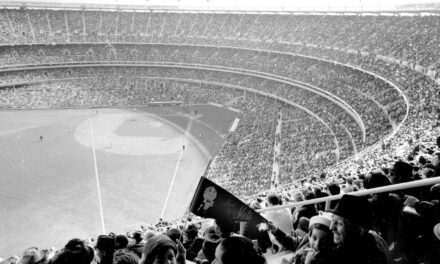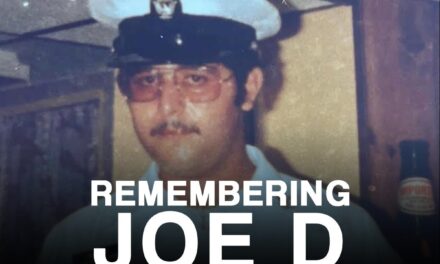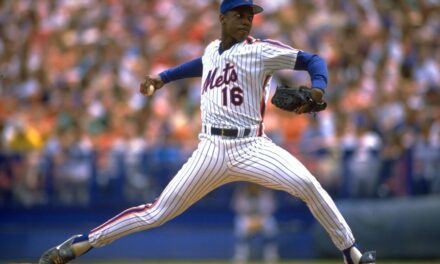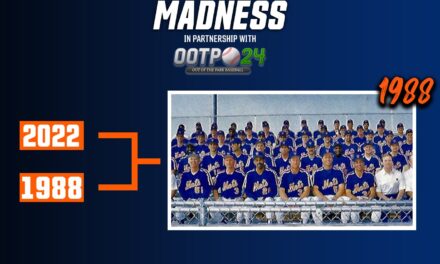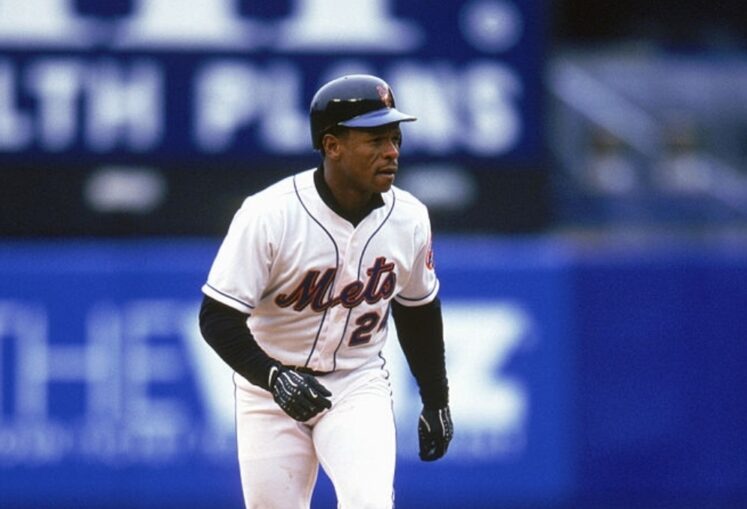
Of all the players covered in our One Year Wonder series, Rickey Henderson’s Mets tenure might be the most controversial. Criticized by the press, fans, and his manager, Bobby Valentine, Henderson “wore out his welcome” in Queens and was released in 2000 after batting .219 through 31 games. But despite how poorly his Mets’ career would end, his rebound in 1999 was so good that it deserves a second look.
Much was made about Henderson playing cards with Bobby Bonilla as the Mets were eliminated from the playoffs, but his stellar production that season often gets overlooked. In 526 plate appearances, Henderson ranked seventh in the league with a .423 on base percentage. He also stole 37 bases and batted .315.
To put Henderson’s on base ability in perspective, his .423 OBP in 1999 surpasses the career highs of more contemporary leadoff hitters like Jose Reyes (.384) and Brandon Nimmo (.404). Reyes and Nimmo are often lauded for their success as leadoff hitters, but Henderson’s 1999 OBP is better than the best marks of their entire careers.
Just think about how many RBI opportunities Henderson created for Edgardo Alfonzo, John Olerud, Mike Piazza, and Robin Ventura. Olerud was the only hitter of this bunch to fall short of 100 RBI (96), while Piazza and Ventura both topped 120 RBI.
Henderson also supplied power, swatting 12 home runs and 30 doubles with a .889 OPS and 128 wRC+. Many thought that Henderson didn’t have another great season in him at 40-years-old, but his numbers were still elite. For his efforts, Henderson won the NL comeback player of the year award.
While Henderson played poorly in the National League Championship Series, the Mets might have not made it to the NLCS if not for his contributions. In addition to his regular season production, Henderson went 6-for-15 in the National League Division Series with five runs scored and a .500 OBP. He also extended the Mets lead in the one game playoff against Cincinnati with a solo home run in the fifth inning.
Some of the criticisms directed at Henderson are justified. He did create clubhouse problems, and his lack of hustle was a legitimate issue. But remember that when the Mets released Henderson in 2000, age was finally catching up to the hall of famer. Henderson was 41-years-old, and he felt underpaid with a $1.9M salary.
Over his legendary 25-year career, Henderson holds the all-time record in runs scored (2295) and steals (1406). In 1982, Henderson swiped 130 bags. And in 1990, he captured the MVP Award with 28 home runs, 65 steals, and a 189 OPS+.
His Mets tenure didn’t end pretty, but for one year, the Mets saw Henderson play at a high level. Even though he wasn’t as prolific as he was at his prime, Henderson’s 1999 season should go down as one of the best years for a leadoff hitter in team history.
More One Year Wonders
Lance Johnson (1996)
Moises Alou (2007)
Marlon Byrd (2013)
Joe Christopher (1964)


